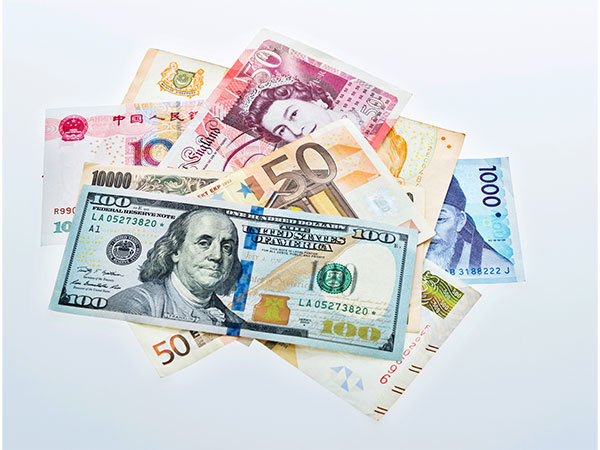
New Delhi: India's foreign exchange reserves slumped for third straight week, after having scaled an all-time high early this month.
In the week that ended on October 18, the forex reserves kitty dipped USD 2.163 billion to USD 688.267 billion, as per the data released by the Reserve Bank of India (RBI) on Friday. In the two weeks prior to that, the kitty declined USD 3.7 billion and USD 10.7 billion, respectively.
The kitty was at a record high of USD 704.885 billion, before they started falling. It is likely that the recent drop in reserves is due to RBI intervention to arrest a sharp depreciation in Rupee.
This high buffer of foreign exchange reserves helps insulate domestic economic activity from global shocks.
According to the latest data from the apex bank, India's foreign currency assets (FCA), the largest component of forex reserves, were at USD 598.236 billion.
The gold reserves are currently worth USD 67.444 billion, as per Friday's data.
As per estimates, India's foreign exchange reserves are now sufficient to cover about or over a year of projected imports.
As per estimates, India's foreign exchange reserves are now sufficient to cover over a year of projected imports. In contrast, India's forex reserves saw a cumulative decline of USD 71 billion in 2022.
Forex reserves, or foreign exchange reserves (FX reserves), are assets held by a nation's central bank or monetary authority.
Foreign exchange reserves are generally held in reserve currencies, typically the US Dollar and, to a lesser extent, the Euro, Japanese Yen, and Pound Sterling.
The RBI closely monitors the foreign exchange markets and intervenes only to maintain orderly market conditions, aiming to contain excessive volatility in the exchange rate without reference to any pre-determined target level or band.
The RBI frequently intervenes in the market through liquidity management, including the sale of dollars, to prevent a steep depreciation of the rupee. A decade ago, the Indian Rupee was one of the most volatile currencies in Asia.
However, it has since become one of the most stable. The RBI has been strategically buying dollars when the rupee is strong and selling when it is weak. A less volatile rupee makes Indian assets more attractive to investors, as they can expect better performance with more predictability.